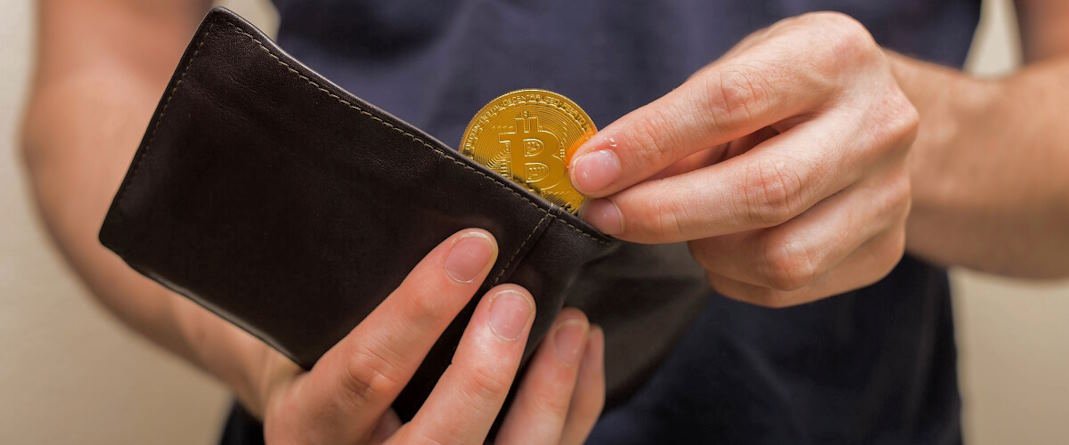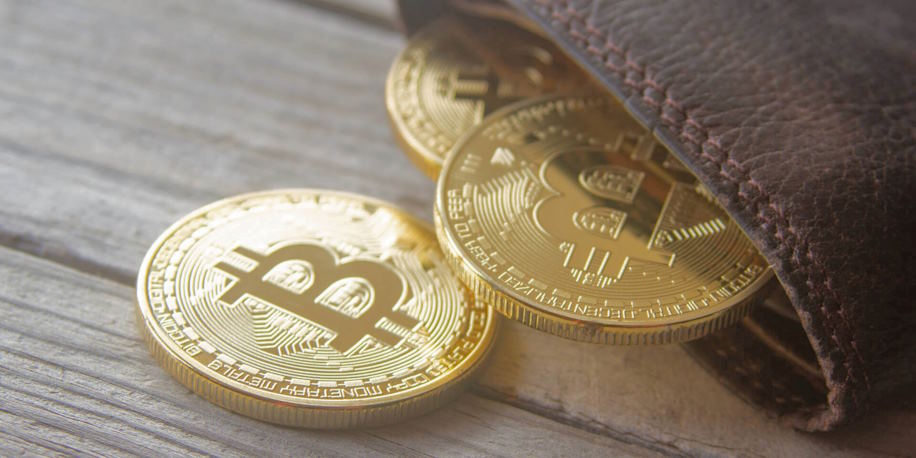
Let’s begin by saying that crypto wallets serve as the gatekeepers to our virtual treasures. The ascent of cryptocurrencies has ushered in exciting investment possibilities while simultaneously presenting novel challenges in ensuring the security of digital assets. In this realm of substantial financial potential, the responsibility for safeguarding these digital fortunes becomes paramount.
The best practices for securing crypto wallets
Cryptocurrencies represent a valuable and decentralized form of wealth, and protecting them from potential threats is vital. Let’s consider some best practices for securing your wallets:
Use Hardware Wallets
They are tangible, specialized devices crafted for the sole purpose of safeguarding cryptocurrencies. They stand as one of the most secure choices due to their isolation from the internet, rendering them impervious to online hacking endeavors.
Choose a Reputable Software Wallet
If you use a software wallet, choose one from a reputable provider. Look for wallets with a history of security and good user reviews.
Implement Multi-Signature Authentication
Such a security feature necessitates the use of multiple private keys to validate a crypto transaction, introducing an additional layer of protection. This process may entail the participation of several devices or individuals to confirm a transaction.

Enable Two-Factor Authentication (2FA)
Two-factor authentication necessitates the presentation of two distinct authentication elements for access authorization. It acts as an additional protective shield, typically combining something you know (like a password) with something you possess (such as a smartphone with an authenticator app).
Regularly Update Software
Ensure your wallet software is up to date. Developers frequently release updates to patch vulnerabilities. Staying current with these updates is essential.
Secure Your Private Keys
Guard private keys diligently, never disclose them, and securely store them in a designated safe location. Employing a reliable password manager can aid in this vital task.
Beware of Phishing Scams
Be cautious about clicking on suspicious links or sharing your wallet information. Phishing scams are common in the crypto world. Verify website URLs and email sources to ensure they are legitimate.
Use a Firewall and Antivirus Software
Protect your devices with a strong firewall and reliable antivirus software. It can prevent malware and hacking attempts.
Remember, the cryptocurrency space continually evolves, and new security threats may arise. Staying vigilant and following best practices is crucial in safeguarding your digital assets.
